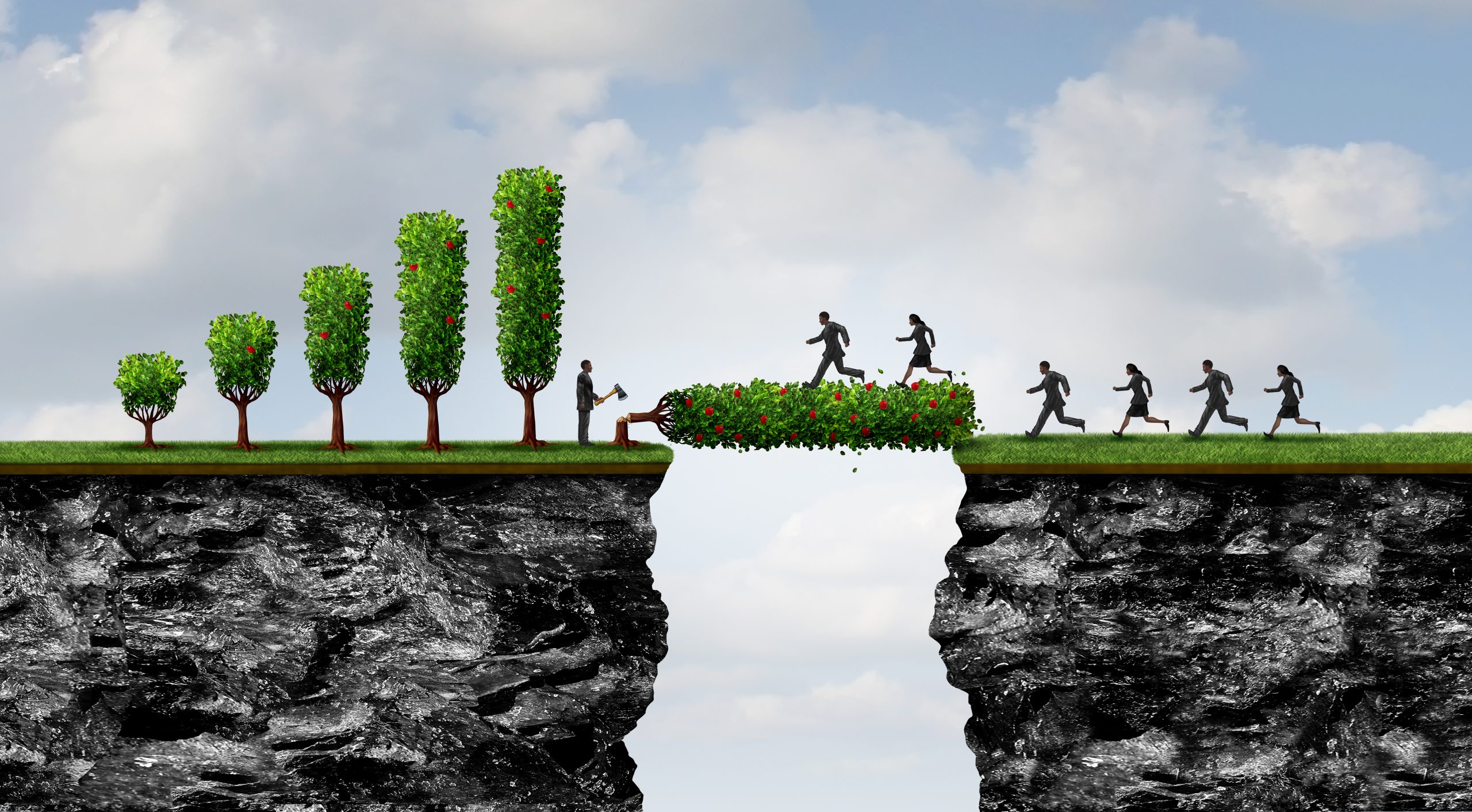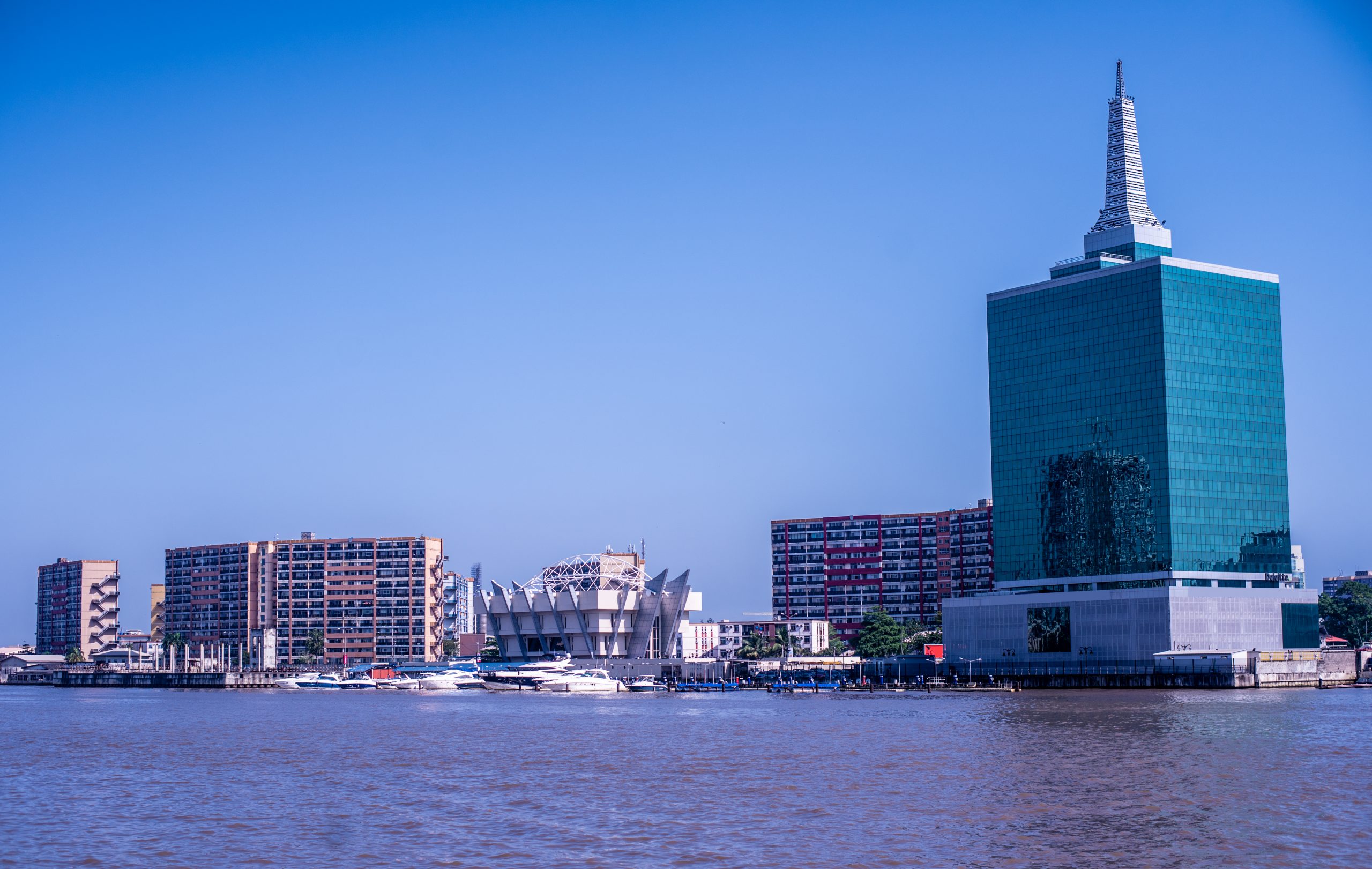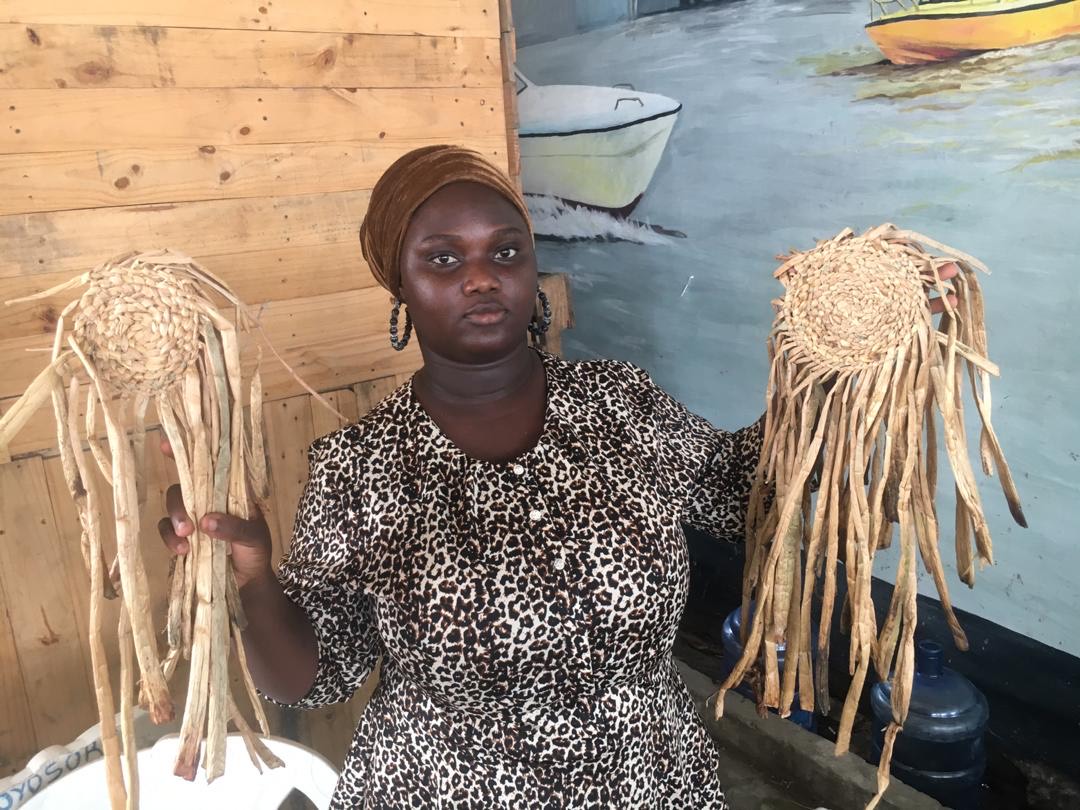-
Unlocking Economic Opportunities for a Sustainable Lagos
We could point you to loads of data and estimates to persuade you that current “linear” economic models are creating unprecedented levels of environmental risk. We could also share a mountain of studies that support the view that the transition towards Circular Economies will lead to billions of Euros in new economic opportunities, especially ones that are local.[1]But the truth is we want a better Lagos.


Cleaner Environment
Air and water quality in Lagos is poor. Plastics and other waste affect marine habitats and…

Economic Opportunities
Every second person in Nigeria is unemployed or under-employed. The country has…

Positive Social Impact
Circular Economy tools also allow us to work together in new ways. The technical foundations…


